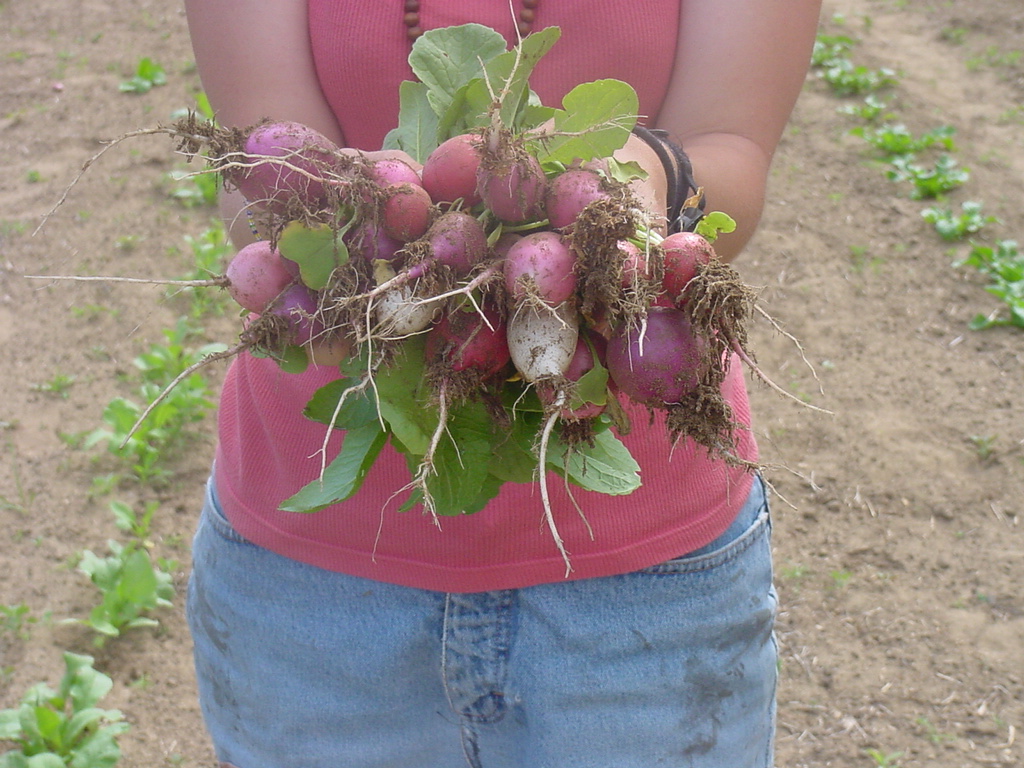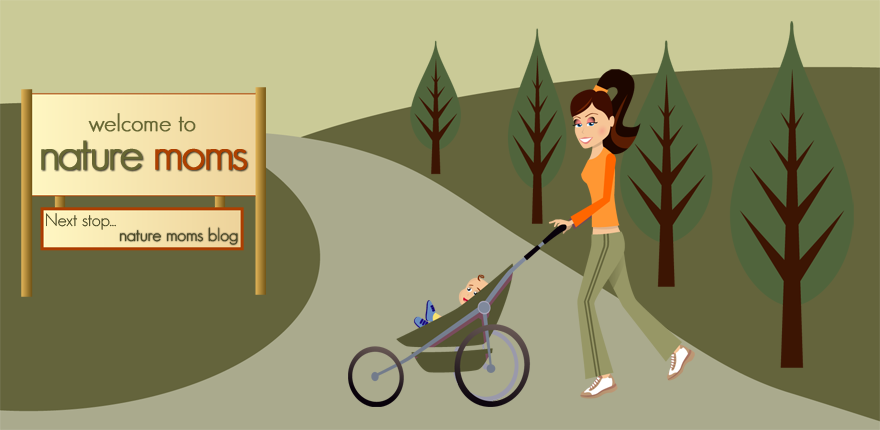Grow Your Own Organic Garden
 Wish you could have fresh, flavorful vegetables right
at your fingertips all season long? Do you want to be confident that
your vegetables are safe for your family to eat? Well, you can have
all that and more. Growing your own organic vegetable garden not
only assures fresh, safe, great tasting vegetables all season long;
it also provides you with exercise, stress relief, and the knowledge
that your hard work is accomplishing great things for your family.
If this sounds like something you’d love to try, here are a few tips
you need to know before you get started.
Wish you could have fresh, flavorful vegetables right
at your fingertips all season long? Do you want to be confident that
your vegetables are safe for your family to eat? Well, you can have
all that and more. Growing your own organic vegetable garden not
only assures fresh, safe, great tasting vegetables all season long;
it also provides you with exercise, stress relief, and the knowledge
that your hard work is accomplishing great things for your family.
If this sounds like something you’d love to try, here are a few tips
you need to know before you get started.
The first thing you need to do is to prepare your humus for the
soil. Ideally, you should start composting well ahead of time so you
can simply recycle your yard waste and not have to buy store
fertilizers. Even though you can purchase organic fertilizers,
making your own is better. To make a compost pile: just throw your
fallen leaves, grass clippings, and other plant matter into a bin or
pile and stir periodically. This will eventually decompose into
quality humus to fertilize your soil.
In addition to your compost humus, there are other natural
ingredients you can add to build nutrients in your garden soil.
Manure is a great natural fertilizer, but it’s best found locally
rather than bought from a store. You may also have to add natural
ingredients to the soil if the pH balance is off. If the pH of your
soil is below 6, add crushed egg, clam, or oyster shells. If your pH
is above 7.5, lower it by mulching with wood chips or sawdust. These
treatments, along with other organic additives, can take a while to
work. You want to prepare the soil up to 6 weeks before planting to
make sure the conditions are optimal.
Before you can plant, you need to pick the right
vegetables. You should buy organically grown seedlings. If you can’t
find any, just sprout your own seeds. This way you can be sure there
are no chemicals going into your vegetables at any stage of growth.
You also want to be sure that the variety you buy isn’t genetically
altered in any way. While these plants might grow better looking
fruits and vegetables, they produce less  flavorful and less healthy
fruits and veggies.
flavorful and less healthy
fruits and veggies.
Once your garden is planted, you can naturally repel pests and
fertilize the soil by companion planting. This means you plant more
than one crop in the same area. If you have an insect problem, you
can find plants to repel specific pests. If you have larger animals
eating your plants, you can choose vine vegetables that furry
friends prefer not to cross over. If you choose complementary
plants, this can also be used to restore nutrients to the soil. You
want to be sure to rotate out different vegetables every year to
further build soils.
Creating your own organic vegetable garden can require a lot of work
and research, but once you bite into your first perfect vegetable,
you’ll realize that it was well worth the effort.
Related Books:

